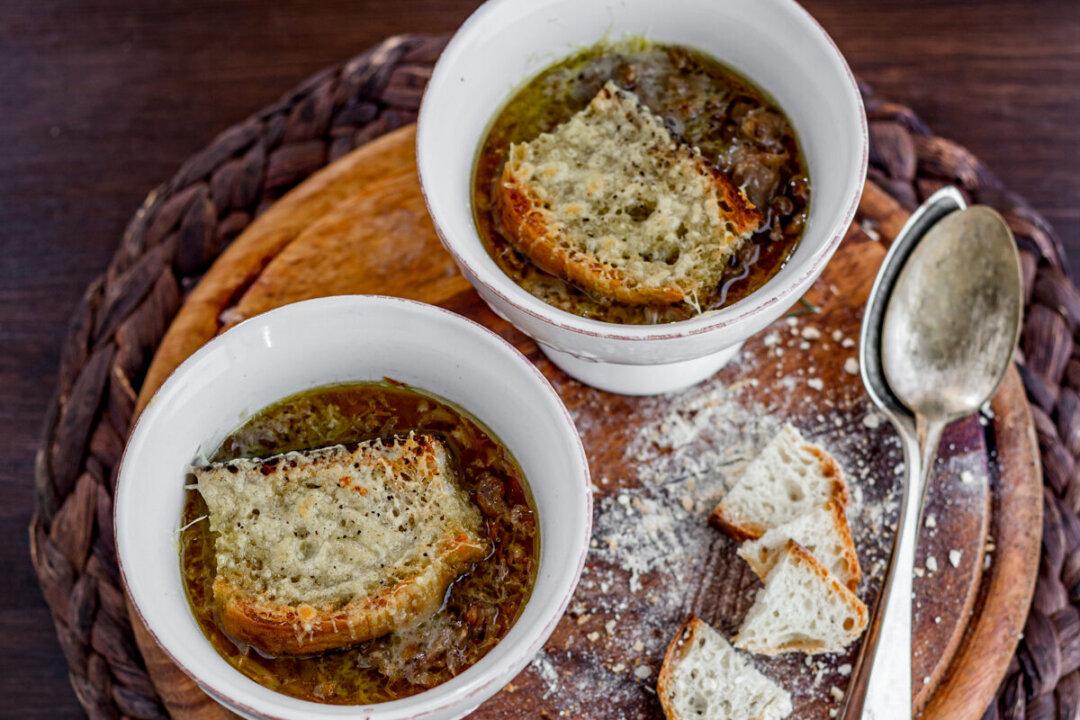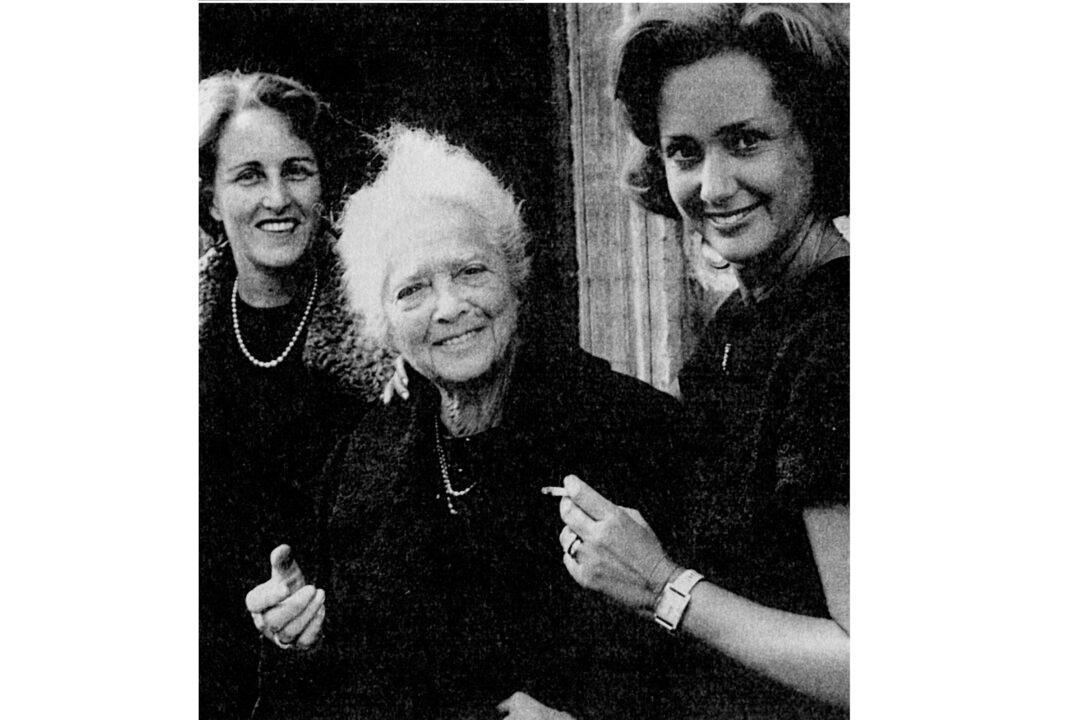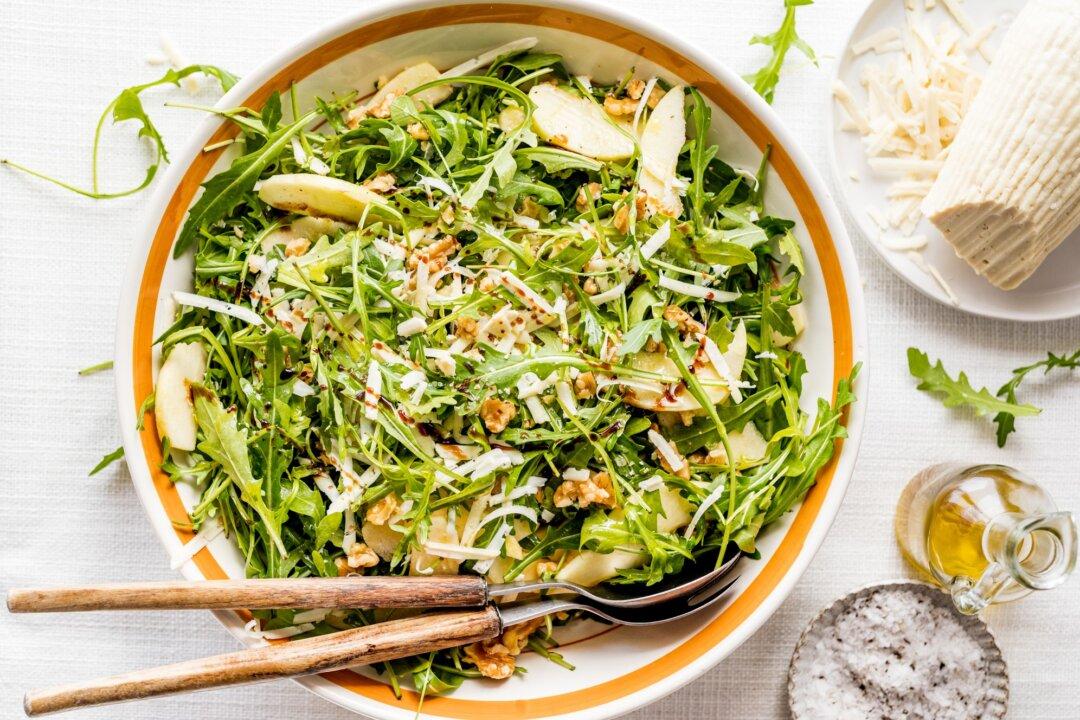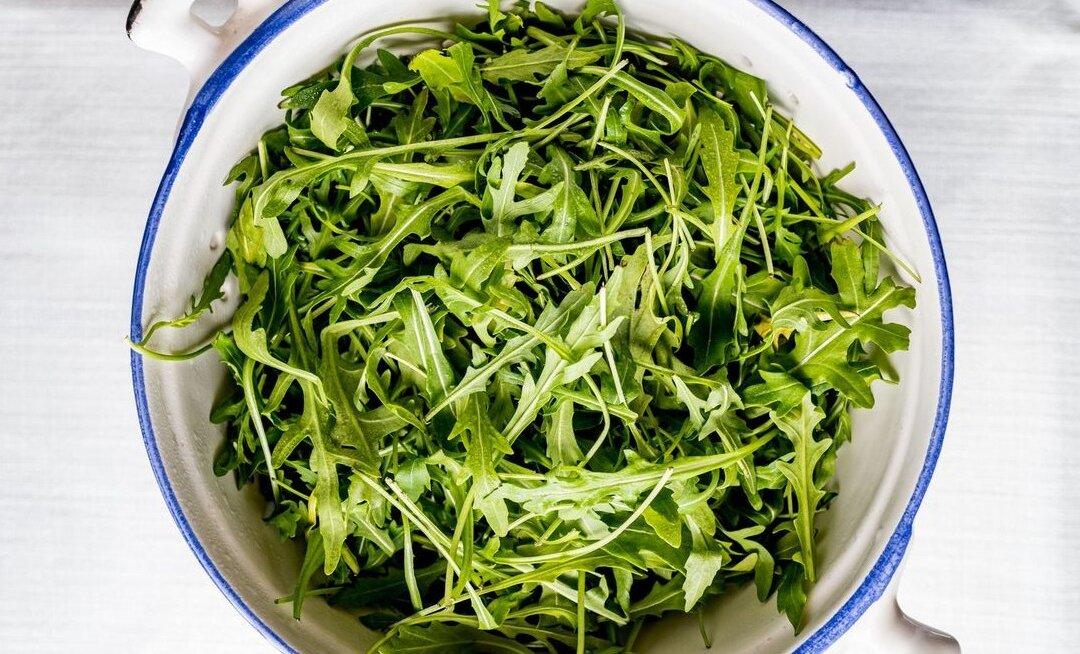The fight between Florentines and the French for the paternity of certain culinary classics, such as duck in orange sauce and crepes, is destined to have no winner. Whether it was Catherine de Medici who brought them from Florence to France, or on the contrary, French gastronomy that inspired Florentine cooks, the delicious results are the same.
These recipes, born in the years of the Renaissance or even earlier, are full of flavor but delicate, with perfectly balanced ingredients. They have kept intact the imprint of the past, even as they’ve evolved to match the changing tastes of diners.





